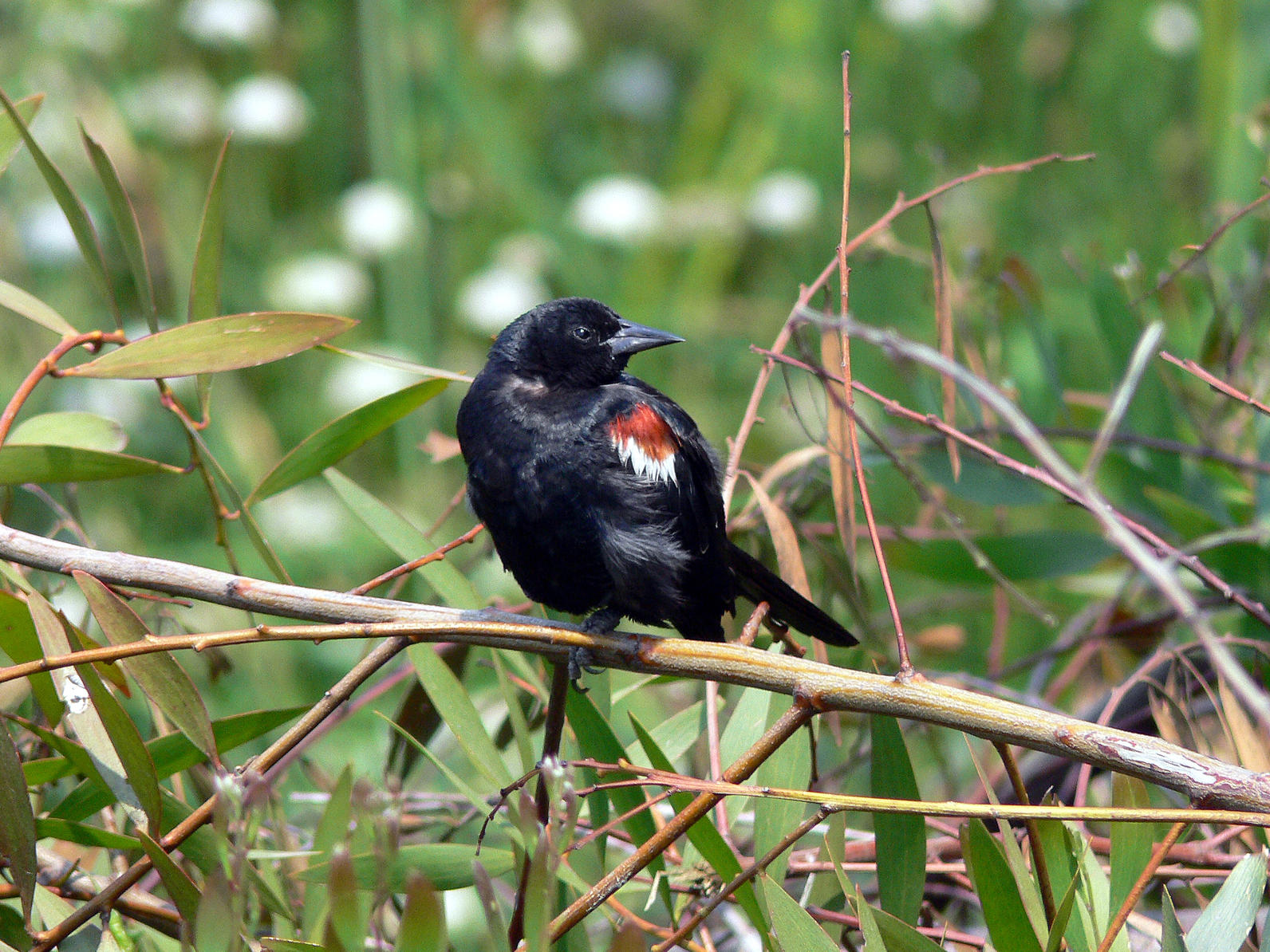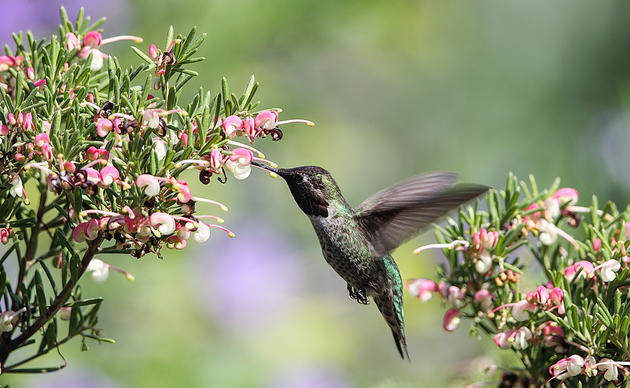
In a major step forward for the lasting protection of one of California’s most imperiled birds, the California Department of Fish and Wildlife last week recommended that the Tricolored Blackbird be listed as threatened under California Endangered Species Act. The recommendation came in the form of a report to the California Fish and Game Commission, which is considering a petition to list the bird. With this recommendation in hand the Commission is moving forward in its consideration process, which should culminate in a final vote on the listing in April.
The petition to list the Tricolored Blackbird was submitted by the Center for Biological Diversity, and has the support of Audubon California.
Found almost exclusively in California, Tricolored Blackbirds nest in massive breeding colonies that can teem with as many as 20,000 birds or more, sometimes all settled into a single 10-acre field or wetland. While similar to the more widespread Red-winged Blackbird, the Tricolored Blackbird is distinguished by its red shoulder patch with a bright white bar and colonial breeding behavior.
In the 19th Century, Tricolored Blackbird flocks were described as so numerous “as to darken the sky.” Since then, the population has declined from several million to about 178,000 birds today.
The reasons for this decline are many, but the loss of marsh and nearby feeding habitats along the coast and in southern California and the Central Valley is the main issue. With the loss of native habitat, the species has become dependent on agricultural lands, with most of the largest colonies nesting in grain fields. A real dilemma develops because Tricolored young typically have not yet left the nest before the time farmers harvest their crop, and harvesting destroys Tricolored Blackbird nests and young.
Audubon California in recent years has partnered with dairy farmers and state/federal agencies to provide incentives to landowners to leave Tricolored Blackbird colonies unmolested until birds have fledged. These efforts have protected a number of imperiled colonies.
By Samantha Arthur
Monthly Giving
Our monthly giving program offers the peace of mind that you’re doing your part every day.




